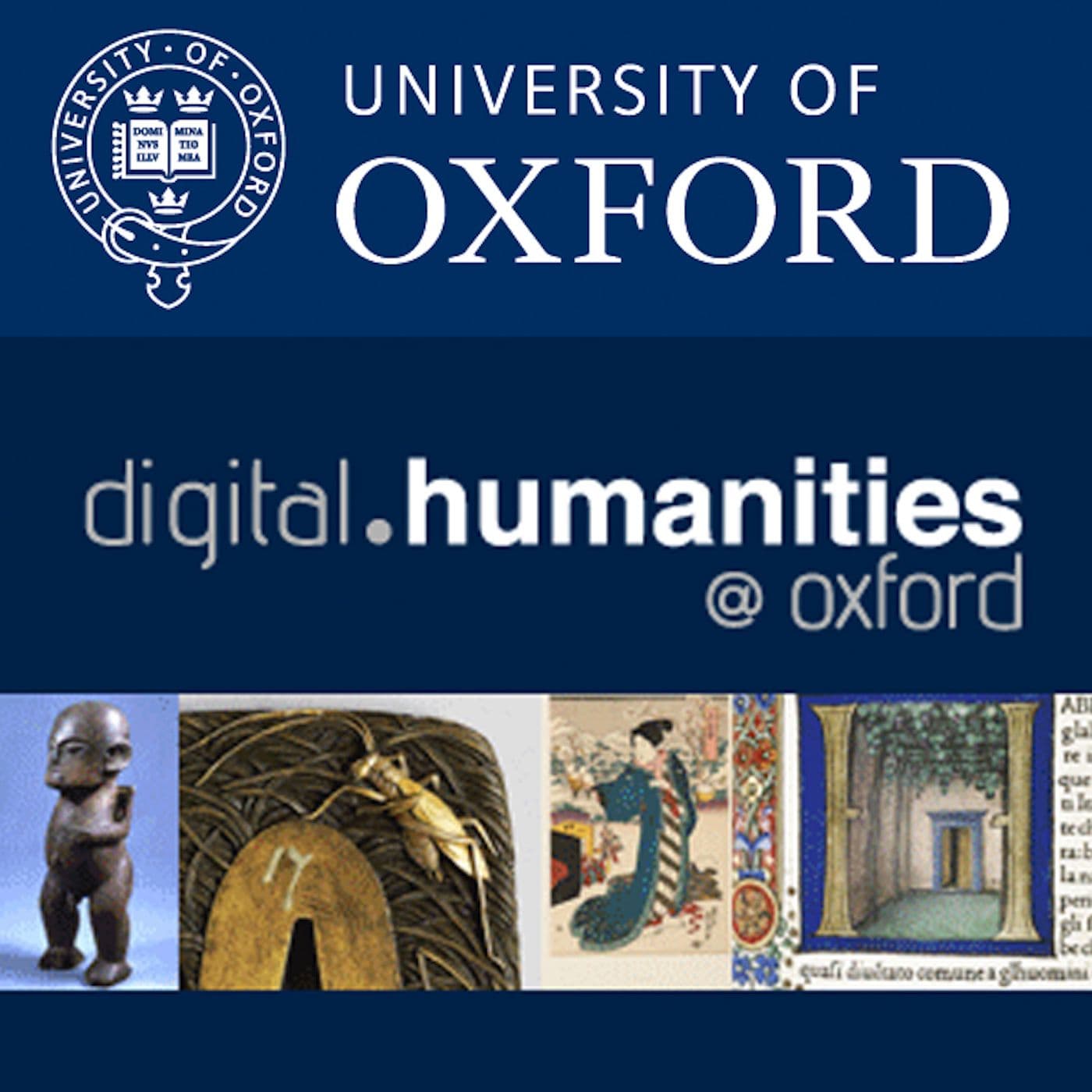Education
Pip Willcox and David De Roure give a presentation on Ada Lovelace, one of the early pioneers in computing. In the 200 years since Ada Lovelace’s birth, she has been celebrated, neglected, and taken up as a symbol for any number of causes and ideas. A symposium to mark the 200th anniversary of her birth narrated many of these, including accounts of her generative relationship with Charles Babbage and his Difference and Analytical Engines. This talk traces some of the paths the idea of Lovelace has taken, what basis they have in her life, and what her reception tells us about our own scholarship and society. It goes on to describe our experimental work responding to Lovelace and Babbage, and to the operatic ‘Ada sketches’ of composer Emily Howard. We created a Web application to produce music from maths through programming a digital simulation of the Analytical Engine, after Lovelace’s idea that "the engine might compose elaborate and scientific pieces of music of any degree of complexity or extent.

